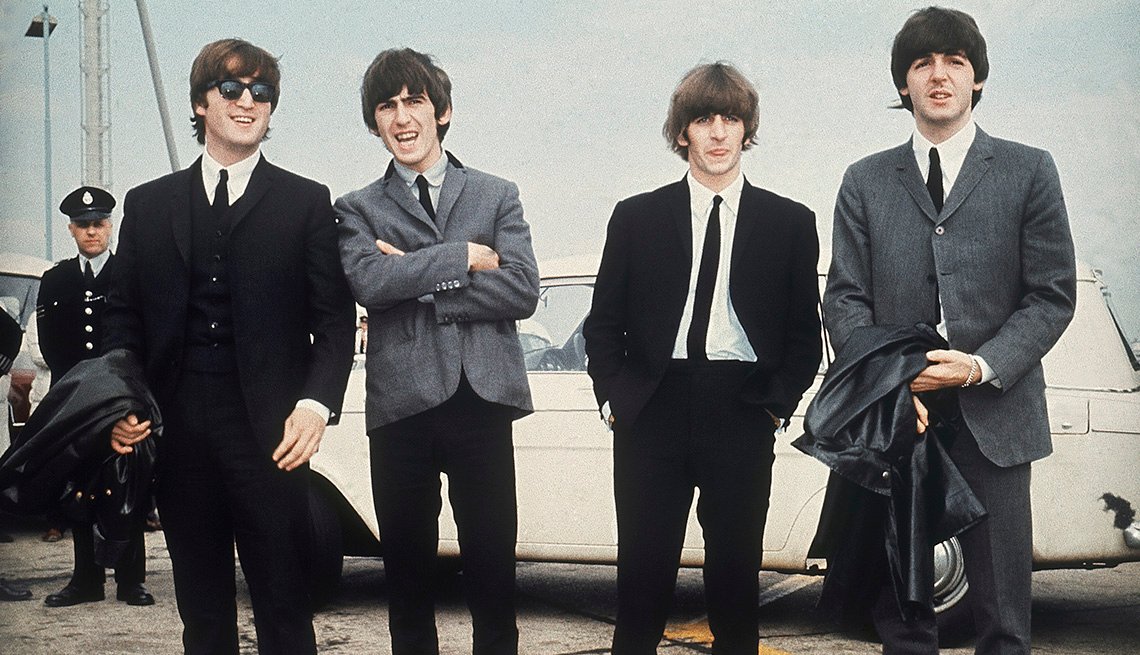The Beatles, one of the most influential and beloved bands in history, were known for their extraordinary creativity, musical innovation, and deep camaraderie. However, as the 1960s drew to a close, the band’s internal struggles began to surface, threatening to tear the group apart. A hidden conflict, discovered by Paul McCartney, played a significant role in the unraveling of The Beatles’ unity.
In the late 1960s, tensions within the band were rising as their individual interests and creative visions began to diverge. Paul McCartney discovered that his bandmates—John Lennon, George Harrison, and Ringo Starr—had been holding secret meetings with Allen Klein, a business manager McCartney strongly opposed. Klein, who had gained a reputation for his cutthroat business practices with The Rolling Stones, had convinced Lennon, Harrison, and Starr that he could improve The Beatles’ financial situation.
McCartney, however, was wary of Klein’s influence, fearing that his aggressive approach would exploit the band’s finances rather than protect them. McCartney advocated for Lee and John Eastman, his father-in-law and brother-in-law, to manage the group’s business affairs, but his bandmates rejected the idea. This disagreement over management deepened the divide within the band and led to increasing mistrust.
At the same time, creative differences were exacerbating tensions. John Lennon’s growing closeness to Yoko Ono and her presence during recording sessions caused friction. Lennon’s relationship with Ono, while artistically liberating for him, alienated McCartney and the others, leading to strained collaboration in the studio.
As McCartney’s concerns about Klein’s intentions grew, the group’s once-unbreakable bond began to fray. The tensions boiled over when McCartney, frustrated by the band’s direction and business dealings, filed a lawsuit in 1970 to dissolve The Beatles’ partnership. This move, which shocked fans around the world, was aimed at protecting the band’s finances from Klein’s control but ultimately marked the end of The Beatles as a collective entity.
Though the breakup was rooted in creative and business disagreements, McCartney’s discovery of the secret meetings with Klein revealed the cracks in the band’s foundation. The fallout from those decisions would haunt The Beatles for years to come, though each member continued to find individual success.
The hidden tensions and McCartney’s revelations serve as a reminder that even the most legendary of partnerships can face internal challenges, and The Beatles were no exception. Despite the conflict, their music remains a timeless testament to their extraordinary chemistry, creativity, and influence on modern music.
